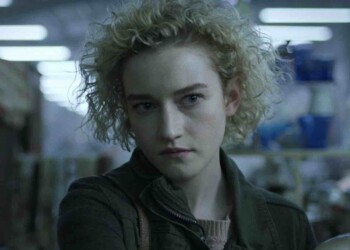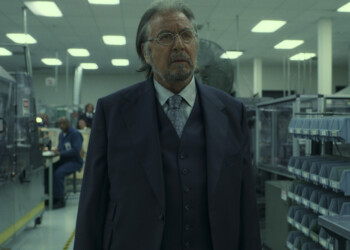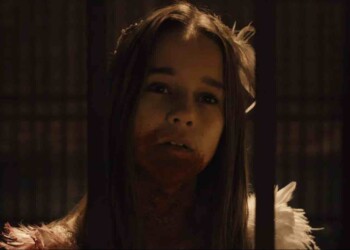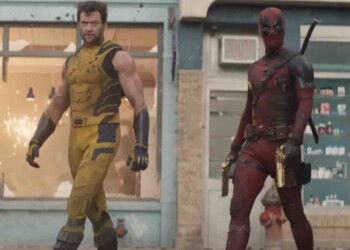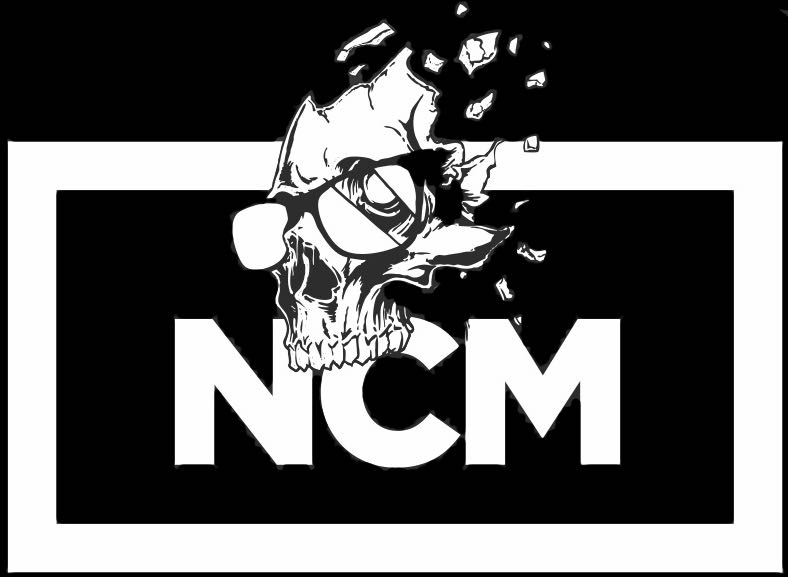“Star Wars: The Rise of Skywalker” seemingly course corrected several decisions made in “The Last Jedi” but the writer behind the script says nothing was done with ill intentions…
By Damon Martin — Editor/Lead Writer
SPOILERS AHEAD IF YOU HAVEN’T SEEN “STAR WARS: THE RISE OF SKYWALKER”
There have been a lot of criticisms about the choices made in “Star Wars: The Rise of Skywalker” but not nearly as many that came after the second film in the latest trilogy was released in 2017.
Writer and director Rian Johnson came on board to helm “Star Wars: The Last Jedi” after J.J. Abrams helped relaunch the franchise with 2015’s “The Force Awakens” and reactions to his film were mixed at best.
Johnson faced fierce criticism from long time fans of “Star Wars” about the way he treated legacy characters such as Luke Skywalker not to mention the story decisions made for new additions like Rey or Kylo Ren that seemingly discounted everything that Abrams had set up in the previous film.
On the surface it appeared that “The Rise of Skywalker” was determined to do the same to Johnson as he did to Abrams.
After Johnson penned a scene where Kylo Ren told Rey that her parents were no one of any importance after it had been teased for years that she came from some sort of lineage connected to the original trilogy, “The Rise of Skywalker” changed that in dramatic fashion.
Perhaps the biggest twist in the third film in the trilogy was that Rey was actually the granddaughter of Emperor Palpatine, who also made his return in the film. The idea to have Rey connected to Palpatine was applauded by some, derided by others but ultimately it reconnected her to a lineage that tied back to rest of the “Star Wars” universe.
Now according to screenwriter Chris Terrio, who wrote the script for “The Rise of Skywalker” alongside Abrams, the film only finished what “The Force Awakens” started rather than dismantling a questionable decision made in “The Last Jedi.”
“You can leave Episode VIII and say, “Well, now, Rey is content. She’s discovered her parents aren’t Skywalkers, or whatever, and that’s fine.” But so much of her personal story was about where she came from, what kept her on Jakku all those years and the trauma that shaped her,” Terrio explained when speaking to the Hollywood Reporter. “We see quite strongly in Episode VII that something mysterious and troubling happened to her. Although she did get some answers in Episode VIII, we didn’t feel that that story was over. We felt that there were still more questions in Rey’s head about where she came from and where she was going.
“So, that was the other big idea that we had to address in this film. Rian’s answer to, “What’s the worst news that Rey could receive?” was that she comes from junk traders, and that’s true. She does come from junk traders; we didn’t contradict that. But when J.J. and I spoke, he said, “Well, what’s an even worse answer or elaboration of that news?” And we thought the worst answer was that she descended from the family who are the enemies of her new family, her adoptive family. Leia is a mother figure to Rey in a way that no one has ever been since she lost her real mother (Jodie Comer). So, the idea was that Rey, who’s had inclinations towards the Dark Side, would learn in the course of this movie that Leia is training the descendant of her greatest enemy and that she has the Force strength of Leia’s greatest enemy. Discovering that you actually descended from your adoptive family’s greatest enemy, the same enemy who corrupted Anakin Skywalker and is responsible for the destruction of the Skywalker family in the first place, felt most devastating to us.
“Based on that, we were very moved by the idea that Leia would have known that from the very beginning, but since she still saw such hope, heart and spirit in Rey, she decided that she was going to take a chance on putting all the hope of the galaxy into the hands of a descendent of her greatest enemy. As Luke says, some things are stronger than blood. That felt like a really strong story point to us.”
He also went onto detail the reason behind Rey’s decision at the end of the film to declare herself a Skywalker rather than take the family name of Palpatine.
“At the end of the movie, when Rey declares herself a Skywalker, that felt like the end of that conversation, which is to say that you get to choose your family, and really, you get to choose your ancestry,” Terrio said. “Rey rejects the blood ancestry that she has inherited, and instead, she chooses the ancestry of the Jedi.
“When all the Jedi come to Rey at the end, one of the Jedi lightly says, “We are your ancestors now,” in the background, and I think that’s true. She chooses the spiritual ancestry of the Jedi instead of the blood ancestry of Palpatine.”
Another pivotal moment in “The Rise of Skywalker” that absolutely seemed like a flagrant snub to Johnson’s vision in “The Last Jedi” was Rey returning to the planet where she once trained with Luke Skywalker.
In one of the opening moments of that film after Rey traveled half way across the galaxy to find Luke and she hands him his lightsaber, he just tosses it to the ground and essentially ignores her pleas for help.
That scene in particular upset a lot of “Star Wars” fans, especially after the majority of “The Force Awakens” was spent searching for Luke only to have him disregard his legacy like it didn’t even matter.
In “The Rise of Skywalker”, Rey throws her lightsaber in frustration and the Force ghost of Luke catches it before telling her “a Jedi’s weapon deserves more respect.”
While that certainly would seem to be a swipe at Johnson’s take on Luke just tossing the lightsaber in “The Last Jedi,” Terrio says it was actually carrying over the way the story ended in that film rather than giving that film a firm middle finger for the opening interaction with Rey.
“Those people who see it as a meta-argument between J.J. and Rian are missing the point, I think,” Terrio said. “At the end of The Last Jedi, Luke has changed. When people look at that, I feel that they misread the ending of The Last Jedi. Throughout The Last Jedi, Luke is stuck, just as so many of the characters in The Empire Strikes Back were stuck. The Falcon’s hyperdrive is literally stuck. The Last Jedi is a really strong middle act because it seems like everyone is spinning their wheels and stuck in certain ways — just as they are in The Empire Strikes Back. I mean that in the sense of everyone is trying to move forward, but as in any middle act, they can’t quite get there. When Luke says, “A Jedi’s weapon deserves more respect” in Episode IX, that’s Luke speaking. That’s his own character. He’s making fun of himself. He’s saying to Rey, “Please don’t make the same mistake that I did.” That’s another theme of the film. How do we learn from our ancestors? How do we learn from our parents? How do we learn from the previous generation? How do we learn from all the good things that they did but not repeat their mistakes?
“In that moment, it truly is a character moment because we quite deliberately set up the same situation of tossing a saber, but this time, Luke is there to save Rey from making a bad choice. I think it would be a bad misreading to think that that was somehow me and J.J. having an argument with Rian. It was more like we were in dialogue with Rian by using what Luke did at the beginning of The Last Jedi to now say that history will not repeat itself and all these characters have grown.”
Of course, neither Terrio nor Abrams would ever publicly trash “The Last Jedi” or the decisions made by Johnson in that film so it’s impossible to know what was done to fix the errors of that movie versus a planned continuation from that film into the final chapter of the trilogy.
Then again, “The Rise of Skywalker” has been met with plenty of criticism as well so in the long run, Terrio and Abrams will surely be forced to continue backing up the choices made in the last film in the Skywalker saga.

